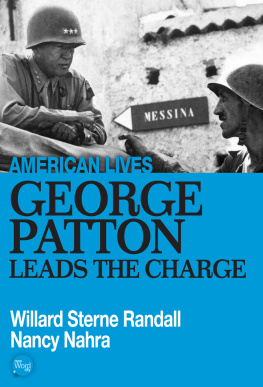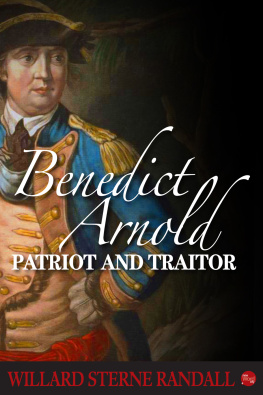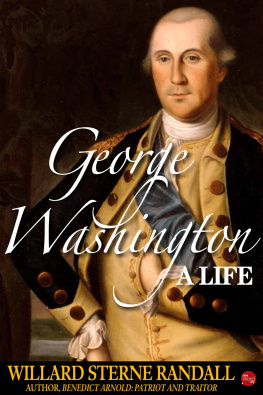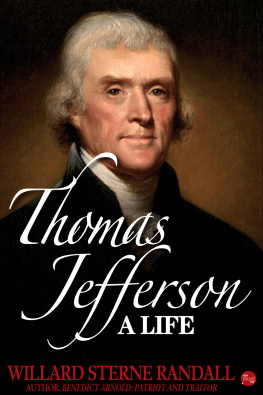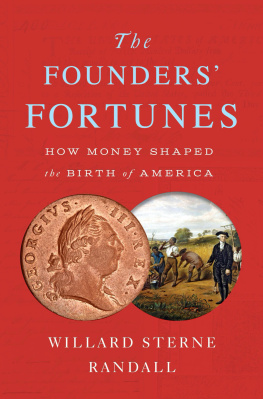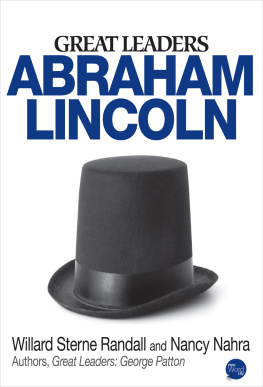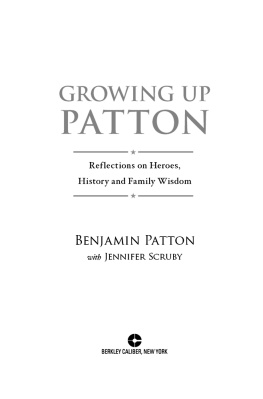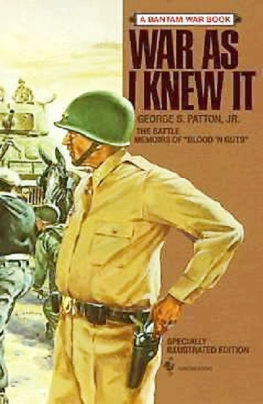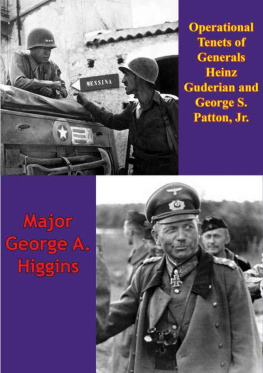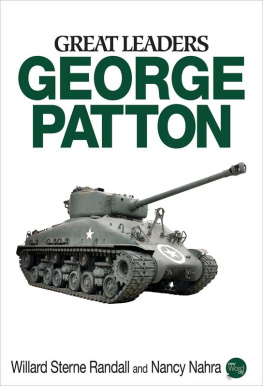GEORGE PATTON LEADS THE CHARGE
The twentieth century brought an array of new weapons for mass killing. The result: The 1900s became the deadliest of all times, by one estimate claiming the lives of 160 million soldiers and civilians.
With World War I came railroads, dirigibles, airplanes, machine guns, poison gas, tanks, automobiles, trucks, submarines, and cannon that fired 50 miles. The new weapons would be further refined for use in World War II, which broke out only 21 years later.
The introduction of new weapons by all combatants led to a long, bloody stalemate only broken by the entrance of the Americans, who brought 5 million fresh, if all but totally inexperienced men in on the side of the exhausted French and English. The Americans were experts mainly in cavalry tactics, but horses had already been rendered useless by entrenchments, barbed wire, and machine guns. Ironically, it was a cavalry officer who became World War IIs most distinguished practitioner of armored and mechanized cavalry warfare. He was George Smith Patton, Jr., the first American tanker and possibly the most controversial of all the generals in either war.
George Smith Patton, Jr., had few doubts, especially about himself. From his boyhood, he never doubted for a moment that he would be a soldier, like so many of his ancestors, and that he would someday be a general and a hero. He never doubted that he would have the opportunities to accomplish whatever he wanted and to have enough money or know the right people, who would, of course, want to advance his interests and reward him. The only doubts he ever had were mostly about his own physical courage, which he confided only to a few family members. Certainly, no one else ever questioned his courage, which, from early childhood, he was sure he should always demonstrate as ostentatiously as possible.
Pattons confidence came from a family he was only half proud of - his fathers half. George Smith Patton II, a lawyer when George was born on November 11, 1885, was the elected district attorney of Los Angeles County. He later became the wealthy owner of thousands of acres of Southern California vineyards and farmlands. With Henry E. Huntington, he was the principal developer of Pasadena and San Gabriel and was the first mayor of San Marino. More important to young George was his fathers Virginia ancestry. His first American forefather, Robert Patton, emigrated from Scotland on the eve of the American Revolution and married the daughter of General Hugh Mercer, bayoneted to death at the Battle of Princeton in 1776. Mercer, a close friend of George Washington, was George Pattons first hero. Robert Pattons son, Robert, Jr., and his wife Margaret had 12 children, including seven sons, all of whom fought as officers in the Confederate Army in the Civil War. Three studied warfare under Professor Thomas J. Stonewall Jackson at the Virginia Military Institute (VMI). One of Georges uncles died at Gettysburg in General George Picketts charge. Seven Patton first cousins were also Confederate officers. Georges favorite family hero was his grandfather, the first George Smith Patton, who practiced law in what is now Charleston, West Virginia, and had been acting governor of Virginia. He helped organize the Kanawha Rifles, the militia that helped put down John Browns slave insurrection at Harpers Ferry. These West Virginians became Company H, 22nd Virginia Infantry, under Colonel Patton. Raiding Washington, D.C., with Jubal Earlys corps, they nearly captured President Abraham Lincoln, who had never seen any of the fighting and was peering over the walls of Fort Stevens when a young Captain Oliver Wendell Holmes, yelling for Lincoln to get down, took a bullet aimed at the president, saving his life. In the Third Battle of Winchester in the final Shenandoah Valley campaign, Colonel Patton was killed leading his troops on September 19, 1864. He was 31 years old.
Any chance of being born a Virginian was lost to George, Jr., when his widowed grandmother left the war-torn Old Dominion forever and traveled to Los Angeles, where her brother was an attorney. Margaret Patton taught school and scraped by until she married her husbands cousin, also a VMI graduate and Confederate colonel in the war. Little Georgie Patton loved to hear stories of his grandfathers Civil War exploits. Men of my blood he later wrote, have ever inspired me. Should I falter, I will have disgraced my blood.
Oddly, Georges pride of heritage did not extend to his mothers family, remarkable for its toughness in the face of physical hardship, drive, and willpower. Georges father, a French instructor at VMI briefly, returned to Los Angeles and married Ruth Wilson, whose family was as colorful as the Pattons. Georges mothers grandfather, Benjamin Davis Wilson, was a major in the American Revolution, who became a pioneer in Tennessee, a member of its Territorial Assembly, and speaker of the Tennessee House. His orphaned 15-year old son went west to New Mexico. There, he was a fur trapper, Indian fighter, and storekeeper before moving on to settle in San Gabriel, California. He married Ramona Yorba, daughter of a Mexican land baron, whose ranch covered much of todays Orange County. From her dowry, Wilson received Rancho Jurupa, making up much of the San Gabriel Valley. After the Mexican-American War, he purchased another 2,200 acres, establishing a cattle ranch that included what is now San Bernardino and Riverside.
During the Mexican War, Wilson had accepted a U.S. Army captains commission in the Bear Flag Revolt. Moving to downtown Los Angeles, he bought a vineyard, started a general merchandising business, purchased a hotel, bought town lots at auction, grew wealthy, and, in 1852, became the first mayor of Los Angeles. His 4,000 downtown acres include what is now the University of California at Los Angeles campus. Gradually, Wilson also amassed 14,000 rural acres, encompassing present-day Pasadena, San Marino, and San Gabriel. George Pattons parents owned so much land and were so wealthy that he didnt know how well off he was until his own future father-in-law asked his father for a financial statement.
Like Woodrow Wilson, whom he detested, George Patton suffered from dyslexia. He did not go to school until he was nearly 12. His father read aloud to him and trained his memory. The books he loved to hear included Sir Walter Scotts romantic tales, chivalric epics of Scottish lore, Homers Iliad and Odyssey, Xenophons adventures, and Shakespeares tragedies, with a light dash of Rudyard Kipling. Pattons father was a mystic who believed in prophecies as well as in a self-righteous Old Testament God. Dyslexia caused young Patton to struggle, but it also honed his drive and created in him a lifelong yearning to learn. Unsurprisingly, military history was his favorite subject.
One month before his twelfth birthday, George enrolled in Cutter Clarks School for Boys in Pasadena, where he loved to study the lives of the military heroes of ancient Greece and Rome, as well as Joan of Arc and Napoleon. At home, he reveled in visits from a neighbor, Colonel John Singleton Mosby, the famous cut-and-thrust Confederate raider, who had become a lawyer for the Southern Pacific Railroad. Other former Confederates came to call, and young George was thrilled whenever the talk turned to Robert E. Lee. Outdoors much of the time, Patton became an expert rider, hunter, sailor, and fisherman, in the summers catching enormous sea bass and marlin off Catalina Island, where his parents had a cottage. After six years at Clarks school, where he never learned to spell, he followed family tradition and enrolled at VMI. That summer, he also met Beatrice Ayer, two years younger but already a fearless sailor. She was the daughter of wealthy Boston textile manufacturer Frederick Ayer.

